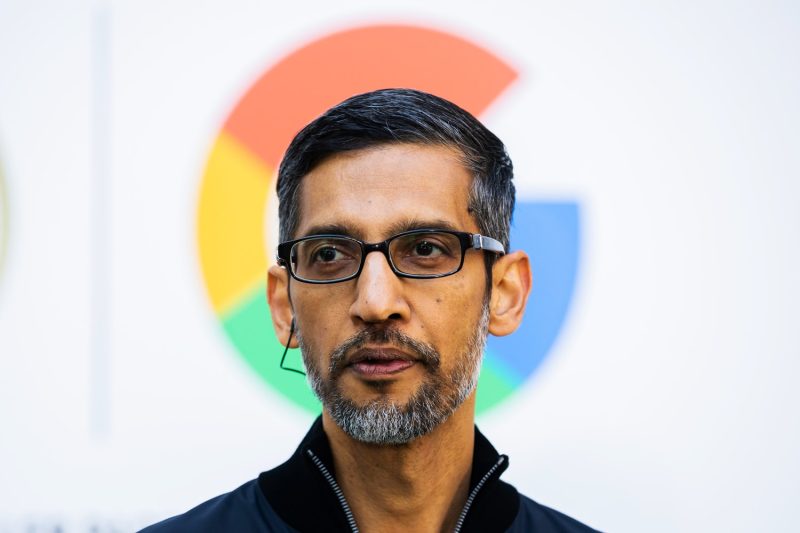Google’s Antitrust Ruling: A Comparison with the 25-Year-Old Microsoft Case
Overview of Google’s Antitrust Woes
Google, a tech giant synonymous with internet searches and digital advertising, has found itself in the crosshairs of antitrust regulators. In a significant legal development, the U.S. Department of Justice filed a landmark antitrust lawsuit against Google, accusing the company of engaging in anticompetitive practices to maintain its dominant position in the online search market. This move by the government marks a pivotal moment in the ongoing debate over Big Tech’s influence and practices.
Experts Turn to Microsoft Case for Answers
In the wake of this antitrust lawsuit, industry experts and legal scholars are drawing parallels with a similar case from over two decades ago involving another tech behemoth: Microsoft. The 25-year-old Microsoft antitrust case, which captivated the tech industry and legal community in the late 1990s, offers valuable insights into the potential outcomes and implications of the current legal battle facing Google.
A Closer Look at the Microsoft Antitrust Case
The Microsoft case, which centered on allegations of monopolistic practices and anticompetitive behavior, culminated in a historic legal settlement that had far-reaching consequences for the tech industry. At the heart of the case was Microsoft’s bundling of its Windows operating system with its Internet Explorer web browser, a move that regulators argued stifled competition and harmed consumers’ interests. The case ultimately led to a restructuring of Microsoft’s business practices and a series of regulatory changes aimed at promoting fair competition in the tech sector.
Parallels and Contrasts between the Two Cases
As legal proceedings unfold in the Google antitrust case, experts are drawing comparisons between the strategies employed by both companies and the regulatory responses they have faced. While Google’s dominance in online search and digital advertising mirrors Microsoft’s control over the operating system market, there are key differences in the nature of the allegations and the competitive landscape of the tech industry today. Google’s integration of its search engine with other services and platforms, such as Android and YouTube, has raised concerns about its potential to harm competition and innovation in the digital economy.
Implications for the Future of Big Tech Regulation
The outcome of the Google antitrust lawsuit will likely have far-reaching consequences for the tech industry and the broader economy. If regulators succeed in curbing Google’s alleged anticompetitive practices, it could pave the way for greater scrutiny of other tech giants, such as Facebook, Amazon, and Apple, which have also faced accusations of monopolistic behavior. The parallels with the Microsoft case serve as a cautionary tale for companies that wield immense power in the digital landscape and highlight the importance of maintaining a competitive marketplace that fosters innovation and consumer choice.
In conclusion, the Google antitrust ruling represents a pivotal moment in the ongoing debate over Big Tech’s influence and practices. By examining the lessons learned from the Microsoft case, industry experts can gain valuable insights into the potential outcomes and implications of the current legal battle facing Google. As regulators seek to promote fair competition and innovation in the tech sector, the outcome of the Google antitrust lawsuit will shape the future of Big Tech regulation and set a precedent for holding powerful tech companies accountable for their actions.





























